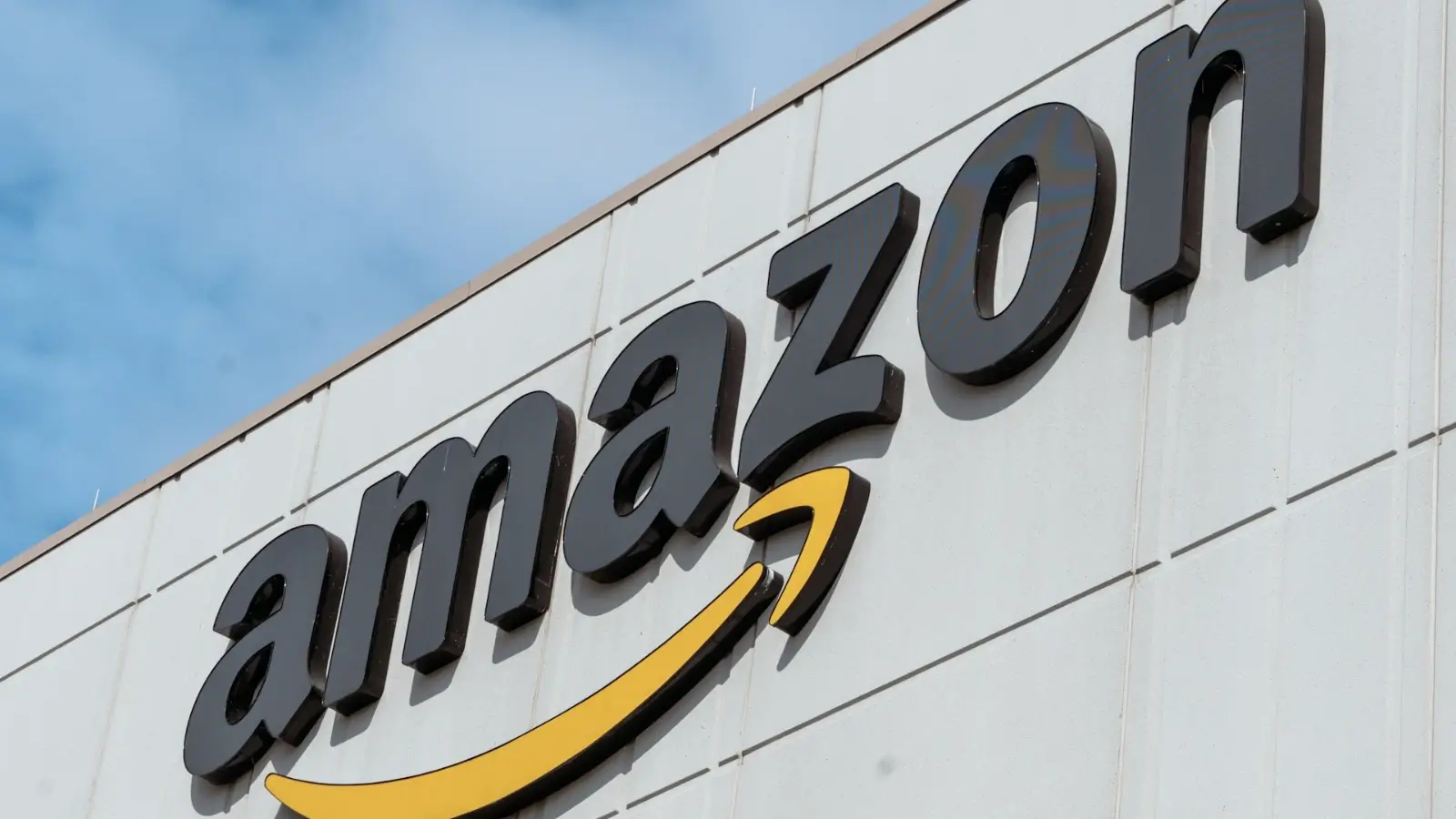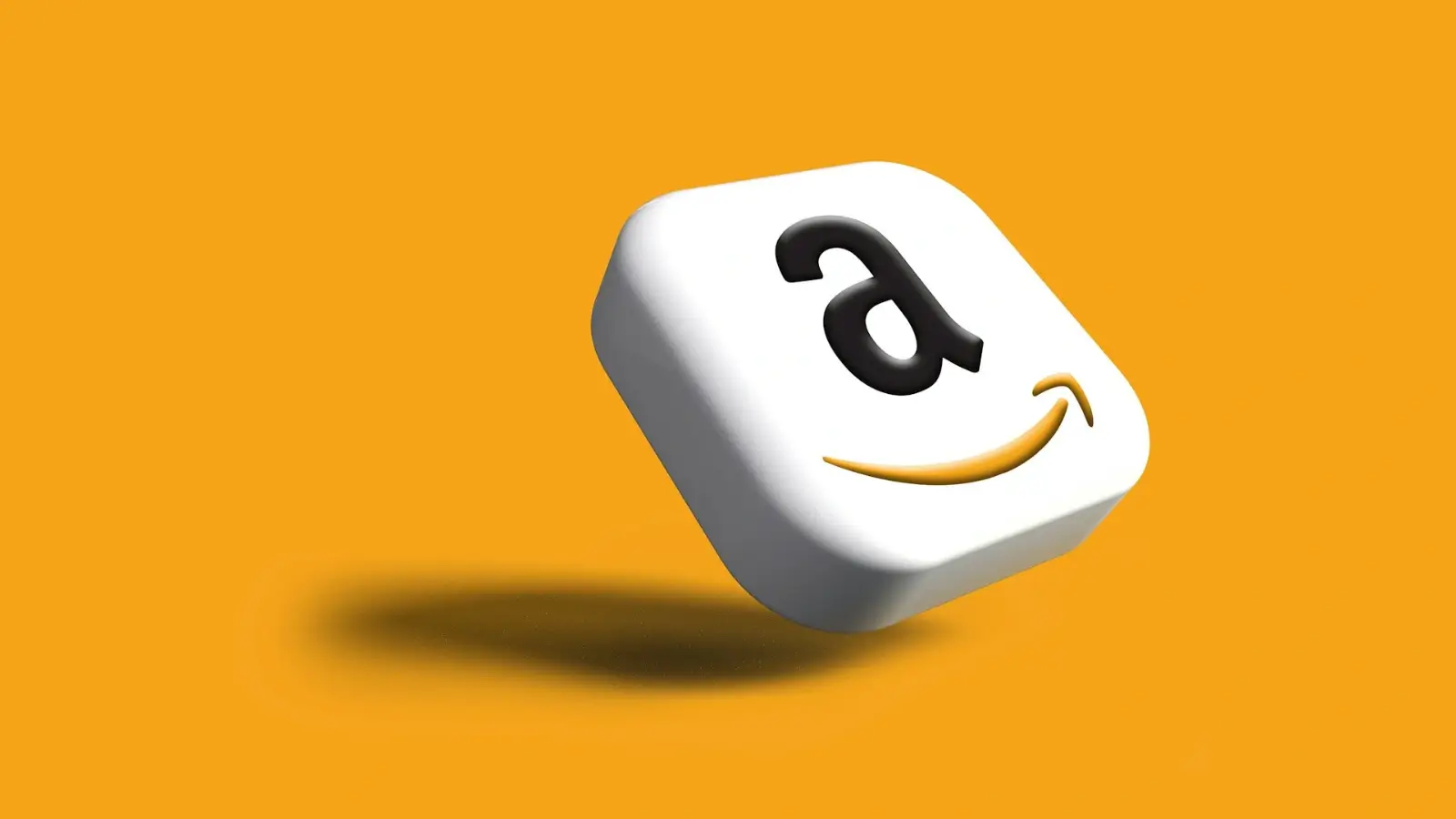Sage Zaree: Your Small Business Marketing Edge
— Marketing expert Sage Zaree shares how small businesses can thrive by personalizing, automating smartly, and focusing on outcomes.

Small businesses are facing unprecedented competition with the onslaught of the digital marketplace, finding the right marketing strategy can make or break a small business. We spoke with Sage Zaree, a marketing executive that is a renowned digital expert to discuss how small businesses can leverage modern marketing strategies to compete with industry giants and actually achieve sustainable growth.
What is the biggest shift you've seen in local marketing over the last 2 years?
The biggest game changer has been the death of the spray and pray campaigns across the most common market channels. Over two years ago, businesses could still get away with generic messaging and market to everyone in their niche and oftentimes it would stick. Now, customers expect you to understand their specific situation and speak directly to their needs.
This is due to a combination of privacy changes like iOS updates limiting tracking and customers becoming more selective about who they engage with. Local businesses that are thriving now many times over more faceless franchises because they are the ones that have gotten laser focused on their ideal customer targets and built real relationships instead of just chasing impressions and other vanity metrics.
I'm seeing local businesses succeed by becoming the go to expert in their specific domain rather than trying to be everything to everyone. A roofing contractor might focus exclusively on storm damage restoration or a fitness trainer might specialize in helping busy parents get back in shape. That specificity is what cuts through the noise now.
You talk a lot about personalization in marketing. What does that mean for businesses like a local plumber or HVAC tech?
Personalization doesn't mean you need a high ticket system analyzing customer data. For service based businesses like plumbers or HVAC techs, personalization starts with understanding the difference between an emergency call and a maintenance call.
Someone calling at 2 AM with a busted pipe will have completely different needs than someone planning a furnace replacement in the spring. Your messaging, your response time, even your pricing structure should reflect those different situations.
I worked with an HVAC company that started segmenting their SMS list based on system age and home type. Customers with older units get maintenance notifications and early replacement incentives. New homeowners get efficiency optimization advice. Same business, same services, but completely different messaging that felt relevant to each customer's actual situation.
The key is using the information you already have, the good news is that you probably already have more than enough data such as service history, seasonal patterns, property type to make your communication feel like it's meant specifically for them, not just blasted out to everyone in your zip code.
Where does automation fit into a small business with limited resources?
Automation is what lets small businesses deliver that personalized experience at scale without hiring a full marketing team; however, automation should feel human, not robotic.
Take appointment scheduling. Instead of playing phone tag, you can set up automated sequences that send appointment confirmations, prep instructions and follow up surveys. The customer gets consistent communication and you free up time to focus on the actual work.
For service businesses, I love automated review requests. Set up a simple system that automatically asks for reviews from satisfied customers 2 - 3 days after service completion. Most businesses lose 70% of potential reviews just because they forget to ask or ask at the wrong time.
The mistake I see small businesses make is either not automating anything or trying to automate everything. Keep the high touch moments human such as the initial consultation, problem solving and relationship building. Use automation for the routine stuff that needs to happen consistently but does not require a personal touch.
What do small businesses usually get wrong when trying to market themselves?
The biggest mistake is focusing on features instead of outcomes. I can't tell you how many plumber websites I've seen that lead with "24/7 service" and "licensed and insured" instead of "We'll stop that leak before it ruins your hardwood floors."
Customers don't buy your credentials, they buy solutions to their problems. They want to know you understand what they're going through and can fix it quickly and affordably.
The second big mistake is inconsistency. They'll run Facebook ads for two weeks, not see immediate results, then switch to Google ads, then try direct mail, then give up and say marketing doesn't work. Marketing is only works if you are consistent, gather data over time, make adjustments then your patience will deliver results.
I also see businesses trying to compete on price, which is always a race to the bottom. Instead of being the cheapest, be the most reliable, the most responsive or the most educational and the best is the most personable. Give customers a reason to choose you other than a basic price model.
Small business owners often chase marketing trends, how do you cut through all the noise?
Many small businesses, especially solopreneurs, burn out on marketing because they see a competitor getting results on TikTok and think they need to drop everything and start dancing in front of their plumbing van.
Before starting all businesses should ask three questions before committing to any marketing trend. First, are my ideal customers actually using this platform? Second, can I create valuable content consistently on this channel? And third, does this align with my business goals and resources?
Most small businesses succeed by mastering the basics first which is Google Business Profiles, a simple website that converts, and consistent follow up with existing customers. These are not exciting by any means but they're proven.
I typically tell businesses to pick two marketing channels and do them really well for at least six months before even considering adding a third. A restaurant owner who's killing it with Google ads and local partnerships doesn't need to worry about TikTok just because their nephew says it's the future.
The businesses that typically thrive are the ones that resist shiny object syndrome and double down on what is actually working for their specific target customer.
What's one piece of advice every small business owner should act on today?
Set up Google My Business properly and start collecting reviews systematically. I'm amazed how many local businesses are leaving money on the table here.
Make sure your Google My Business profile is completely filled out and that includes: hours, services, photos, contact information, everything. Then create a simple system for asking satisfied customers to leave reviews. It could be as simple as a text message template you send after completing a job: "Thanks for choosing us for your plumbing repair. We would love to hear what you think about our services, would you mind leaving us a quick review on Google? Here's the link."
Most local searches happen on mobile and people are looking at your reviews and photos before they even visit your website. If you have incomplete information or no reviews, you're invisible to potential customers who are searching for exactly what you offer.
This isn't sexy marketing but it's not going to get you featured case studies and will be the foundation that everything else builds on. Get this right first, then worry about the advanced strategies.
The businesses that consistently show up in local search results and have strong review profiles are the ones that stay busy even during off seasons.



















